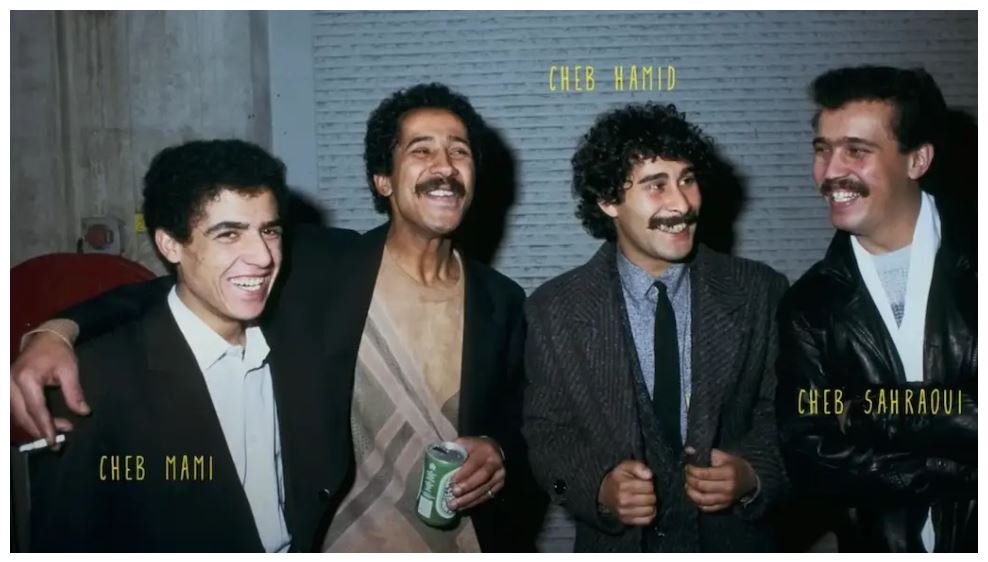A new French-language documentary series explores the history of Algerian Raï music.
Released by Arte, the six-part Raï is not dead traces the roots of the genre through the record collection of the documentary’s creator, Hadj Sameer. The DJ and musical activist said the series aims to tell the story of Raï while also paying tribute to the duality of his French-Algerian heritage.
“I’ve tried to highlight the underground scenes of Raï music, from its early tribal steps up to the most recent modern variations,” he said.
Raï is a form of Algerian folk music that originated in the 1920s. Its lyrics often highlighted social issues such as disease and colonialism. The genre achieved unlikely international success in the ’80s, before all but disappearing by the turn of the century.
DJ Hadj Sameer, collector and digger, sets off in search of the “lost ark” of the raï of his childhood, with the aim of making a mixtape. From the electrifying “Ya Zina” by Raina Rai to the iconic “Didi” by Cheb Khaled, up to 1, 2, 3 soleils (Taha, Faudel, Khaled), iconic hit of the year 1998, a look back at the birth of a musical genre which knows a rapid planetary growth.
Intoxicating soundtrack
What musical genre can claim to have gone, in the space of fifty years, from a hidden cabaret in Oran to Super Bowl halftime? Born in Algeria at the end of the Second World War, the raï wave spread from the cabarets of western Algeria to the cassette shops of Barbès in Paris, before sweeping the world at the end of the 1980s. its hybridization, the intoxicating music traveled from Algerian and French weddings to the biggest international stages, before suddenly disappearing from the radar at the dawn of the new millennium. From missing icons, including Cheikha Remitti and Prince Hasni, to young heirs, passing by the star Khaled, the collector Hadj Sameer retraces the tumultuous course of this musical genre, between clandestinity, planetary glory and resistance.
Watch the full series.
https://www.youtube.com/watch?v=S853CYz1gFM&thttps://www.youtube.com/watch?v=qQeR671tFZc
https://www.youtube.com/watch?v=7KfYqO9vRL0
https://www.youtube.com/watch?v=cDyO2c91B7k
https://www.youtube.com/watch?v=MhYLLWmtrT4
https://www.youtube.com/watch?v=F6HHklIxtZ8
Source : https://ra.co/news/78620





